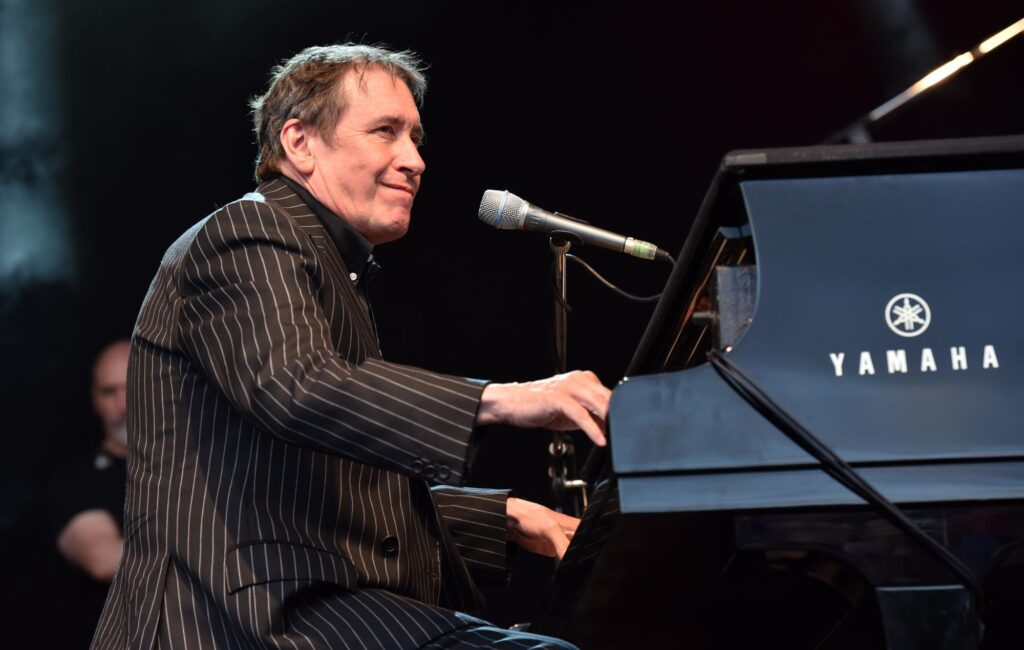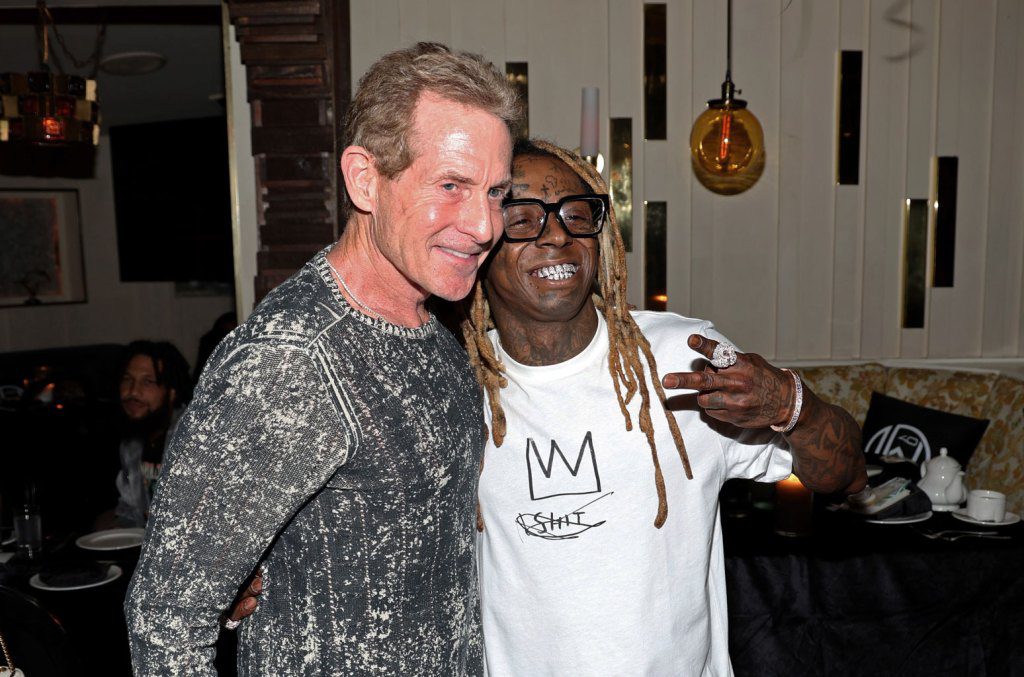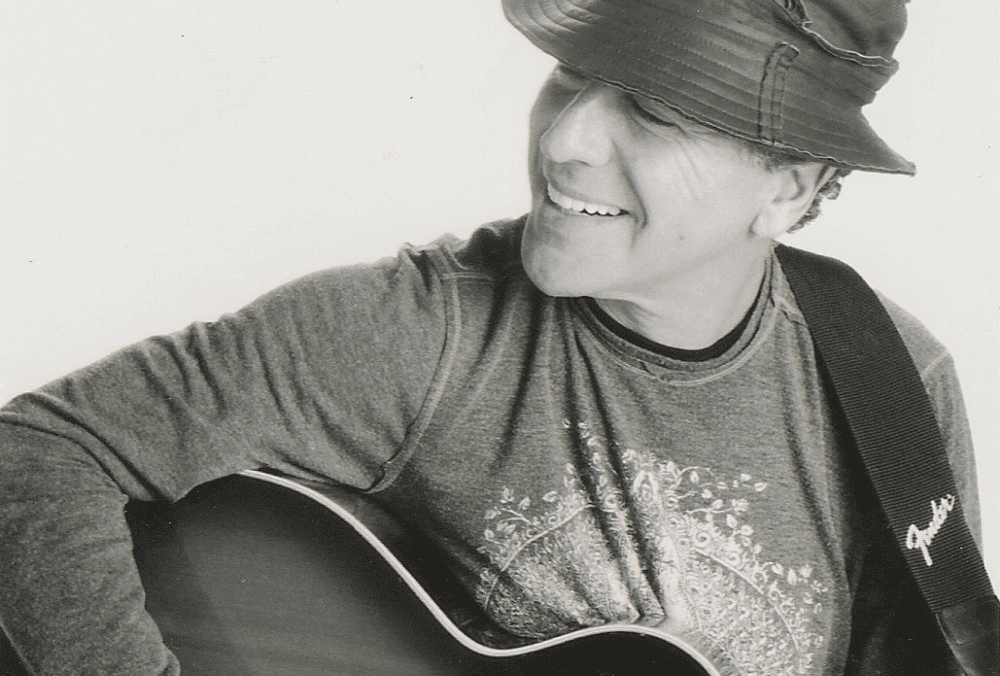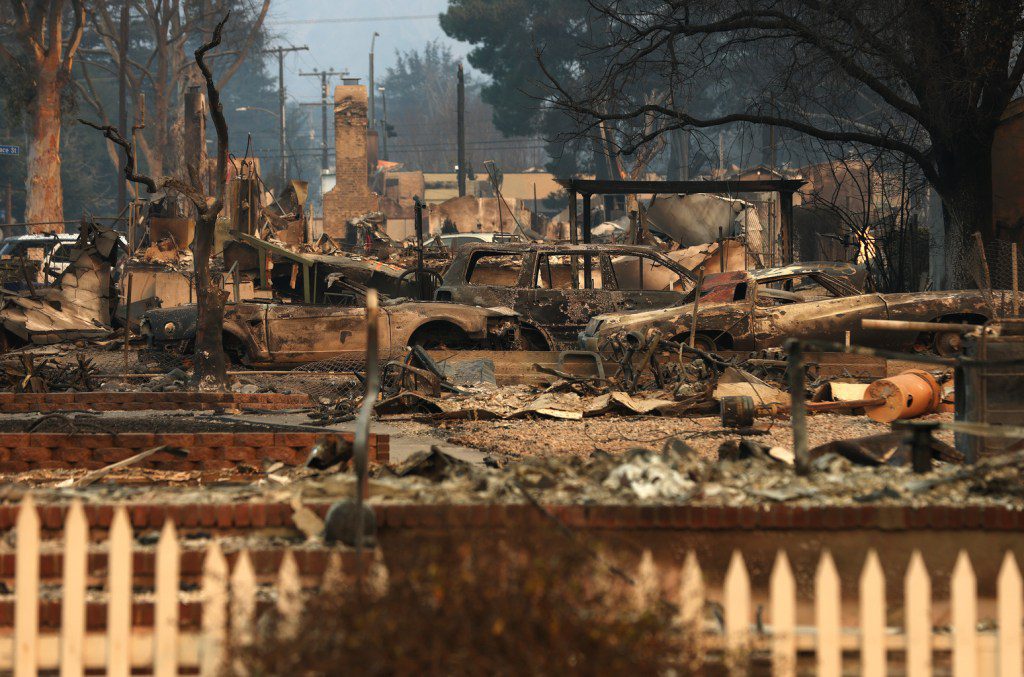Jools Holland becomes shareholder in community-owned London pub The Ravensbourne Arms
Jools Holland has become a shareholder of The Ravensbourne Arms, a shuttered London establishment that is seeking £500,000 to run as a community-owned live music pub.
The musician and host of BBC Two’s Later… with Jools Holland has become an early supporter of the venture that will transform the Lewisham haunt into a music venue and pub that will operate under not-for-profit to safeguard its future.
The Ravensbourne Arms closed in 2016 and has since remained empty. Now, the collective Sister Midnight have launched a bid to raise half a million pounds to preserve it by taking it out of the hands of potential private landlords and into those of locals and music fans.
Holland, who was born in neighbouring Blackheath, spent his formative years in his band Squeeze around the local area, even naming an early EP (‘Deptford Fun City’) after another of Lewisham’s close neighbours.
He said in a statement after becoming a shareholder: “The music scene of South East London means a great deal to me. It’s where I came from – it’s where I come out of. And that’s why I want to support the Ravensbourne Arms. I invested and you can too. What harm can it do?”

So far the campaign has raised over £50,000 to buy The Ravensbourne Arms for the community. Acts including Fontaines D.C., Goat Girl and Porridge Radio have all supported the initiative so far.
The next #SaveTheRavensbourneArms fundraiser takes place this Tuesday (October 26) at Matchstick Piehouse in Deptford, with live performances from Tony Njoku, Garden Centre and Lobby. All proceeds from the £10 tickets go straight to the campaign. Those who can’t afford the ticket fee are still welcome to attend.
Sister Midnight’s Lenny Watson explained to NME that the pandemic-enforced closure of venues proved a “catalyst for realising that we needed to create a new space that was going to be sustainable in the long-term” without the pressure of private rents.
“Our mission is to create a space for live music that can be accessible, affordable and inclusive – and a space that can be more sustainable against the threats that can be posed to venues.
“The pandemic was a big one. People might argue that it’s not the best time to be doing it, but I’d argue that there’s really not a better time to be securing the future of our grassroots music venues against these kinds of threats,” she said.

More broadly, next year will see increase in efforts for gig spaces to be brought into the ownership of trusts, communities and music fans rather than private landlords. The news was spotlighted at the Music Venue Trust’s recent NME-partnered Venues Day event.
“We have to take ownership of our grassroots music venues, it really is as simple as that,” Music Venue Trust CEO Mark Davyd told NME. “We can’t keep fighting endless battles with landlords, developers, local authorities, neighbours from a defensive position which is incredibly weak.”
Davyd went on to explain how “93 per cent of all the grassroots music venues in the UK are tenants, and the average amount of time left on their tenancy is 19 months”.
“If we want to win the war of music venues, we need to Own Our Venues,” he added. “Sister Midnight’s project to take over the Ravensbourne Arms is the ground zero of that war. It’s a community ownership model that means the venue isn’t just secure for the next year, or two years, it’s sustainable for decades.”
Visit here for more information on how to save The Ravensbourne Arms.





